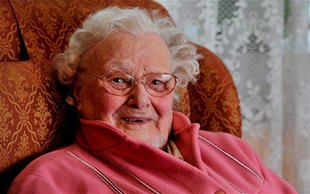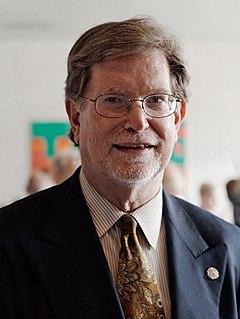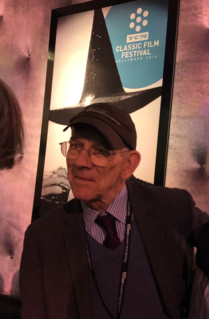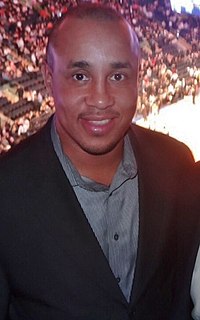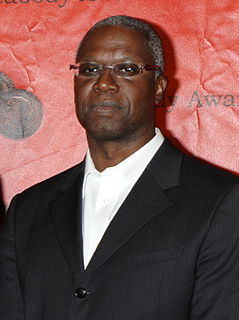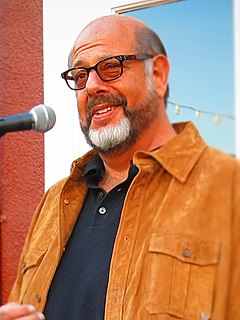A Quote by Florence Green
I enjoyed my time in the WRAF. There were plenty of people at the airfields where I worked, and they were all very good company.
Related Quotes
Negroland is my name for a small region of Negro America where residents were sheltered by a certain amount of privilege and plenty. Children in Negroland were warned that few Negroes enjoyed privilege or plenty and that most whites would be glad to see them returned to indigence, deference and subservience.
At Travelers, we were much more opportunistic. It was very successful, but it wasn't an integrated financial services company. We had a property casualty company, a life company, a brokerage company. We were a financial conglomerate. It wasn't a unified, coordinated strategy of any sort. When it merged with Citi, that became a big issue; Citi, at that time, wasn't yet a fully integrated, coordinated company.
You're missing it. This is not a one-man show. What's reinvigorating this company is two things: One, there's a lot of really talented people in this company who listened to the world tell them they were losers for a couple of years, and some of them were on the verge of starting to believe it themselves. But they're not losers. What they didn't have was a good set of coaches, a good plan. A good senior management team. But they have that now.
I was always around people who were in the business from the time I was an absolute baby. I grew up in New York City, and my parents, my sister, and I had a house on Fire Island, and they were part of a set of people that were all close and friendly, most of whom were involved in show business in one regard or another. So it was always familiar to me, and I kind of enjoyed it.
When I worked with General Electric, again this was soon after the Second World War, you know, I was keeping up with new developments and they showed me a milling machine and this thing worked by punch cards - that's where computers were at that time, and everybody was sort of sheepish about how well this thing worked because in those days machinists were treated as though they were great musicians because they were virtuosos on these machines.
I grew up in London, one of four children. We were a very loud family, not a lot of listening, plenty of talking. My mum was a hearth mother: she loved to gather us all around her - Sunday lunches were a big thing. She was very good at thinking on her feet - people used to say she should go into politics.
